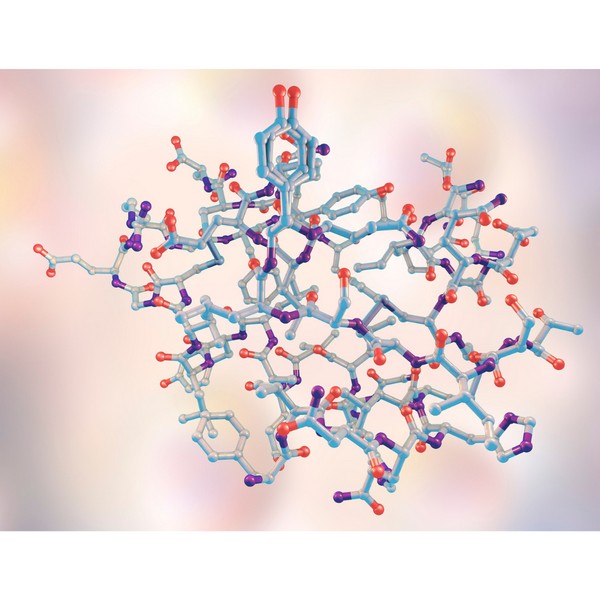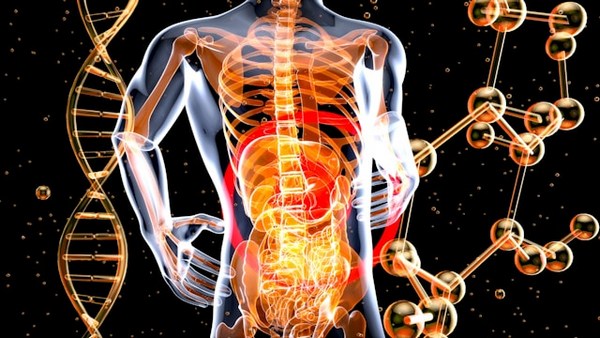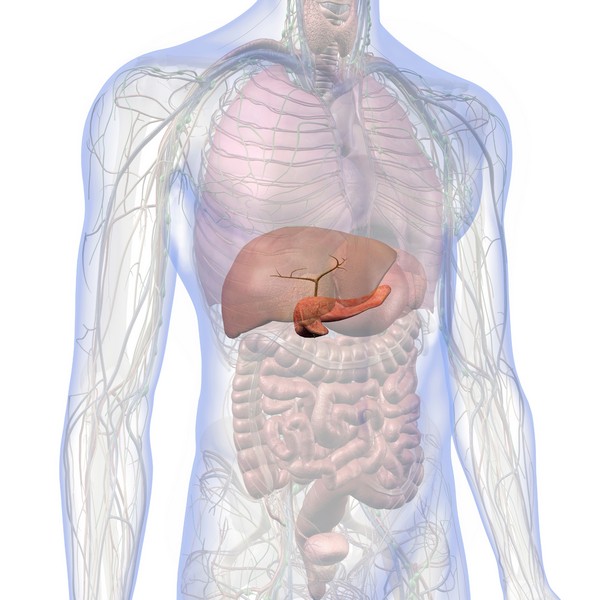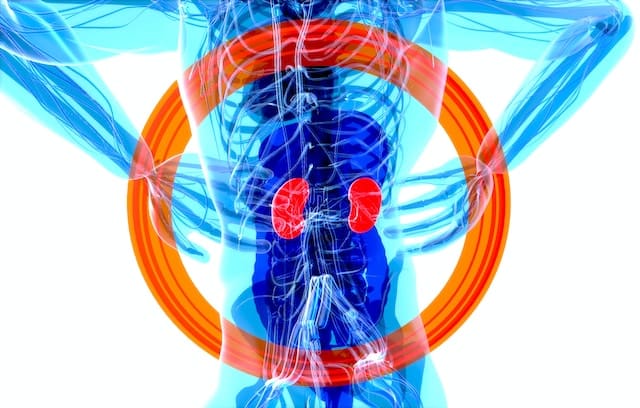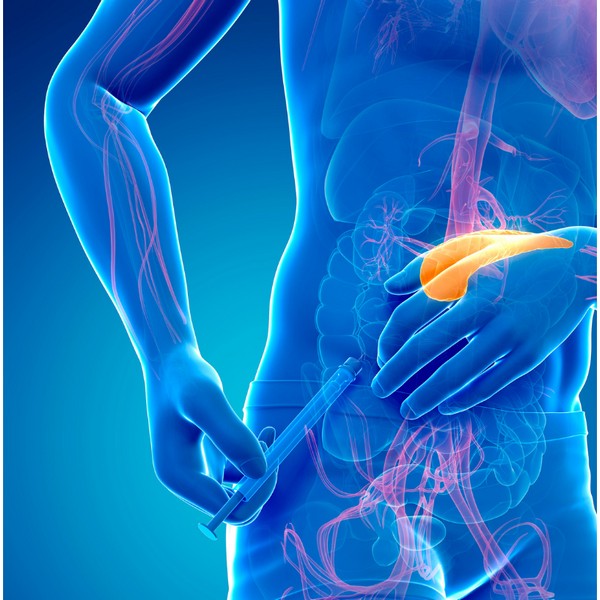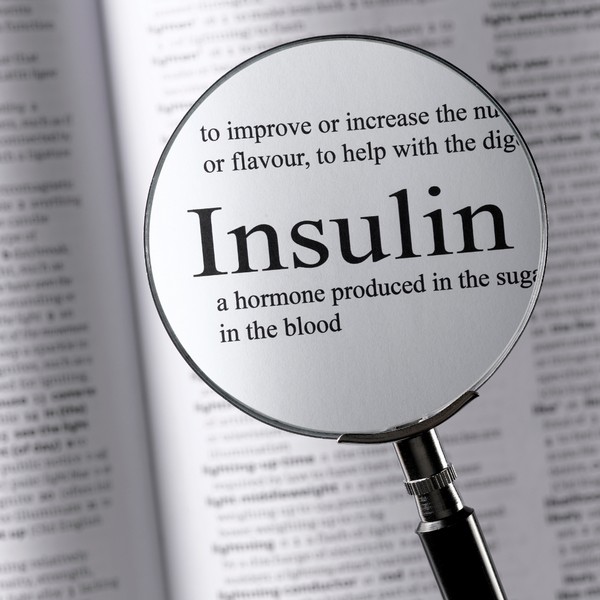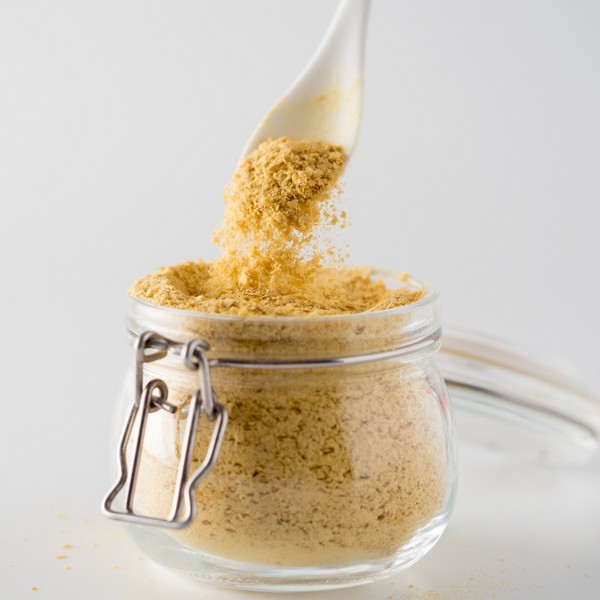Key Takeaways
- Metabolic syndrome is a cluster of conditions increasing the risk of heart disease, stroke, and diabetes.
- Symptoms include high blood pressure, high blood sugar, excess body fat around the waist, and abnormal cholesterol levels.
- Diet and lifestyle changes are crucial for managing and preventing metabolic syndrome.
- Healthy fats from animal sources and reducing carbohydrate intake can be beneficial.
- Regular physical activity and weight management play a key role in controlling metabolic syndrome.
What is Metabolic Syndrome?
Metabolic syndrome refers to a group of risk factors that occur together, elevating the likelihood of developing heart disease, stroke, and type 2 diabetes.
These risk factors include high blood pressure, high blood sugar, excess body fat around the waist, and abnormal cholesterol or triglyceride levels.
Having one of these conditions doesn’t necessarily mean you have metabolic syndrome, but a combination of them significantly increases your risk for serious health problems.
Symptoms and Diagnosis
Common Symptoms
- High Blood Pressure: Elevated blood pressure levels can damage the heart and arteries.
- High Blood Sugar: Insulin resistance is a common symptom, leading to higher blood sugar levels.
- Excess Abdominal Fat: A waist circumference of more than 40 inches in men and 35 inches in women is a risk factor.
- Abnormal Cholesterol Levels: Low HDL (good) cholesterol and high triglycerides contribute to the syndrome.
Diagnosis Criteria

A diagnosis typically requires at least three of the following:
- Waist circumference of 40 inches or more for men, and 35 inches or more for women.
- Triglyceride levels of 150 mg/dL or higher.
- HDL cholesterol levels lower than 40 mg/dL in men or 50 mg/dL in women.
- Blood pressure of 130/85 mmHg or higher.
- Fasting glucose level of 100 mg/dL or higher.
Causes and Risk Factors
Metabolic syndrome is closely linked to obesity and inactivity. Factors that increase your risk include:
- Age: Risk increases with age.
- Genetics: Family history of type 2 diabetes or metabolic syndrome.
- Obesity: Particularly abdominal obesity.
- Inactivity: Lack of physical exercise.
- Insulin Resistance: Cells don’t respond well to insulin, leading to elevated blood sugar levels.
Managing Metabolic Syndrome

Dietary Changes
Focusing on a diet rich in healthy fats and low in carbohydrates can be beneficial. Key dietary strategies include:
- Healthy Animal Fats: Include sources like butter, ghee, eggs, and full-fat dairy products. These provide essential fatty acids and nutrients that support overall health.
- Reduce Carbohydrate Intake: Minimize consumption of sugary foods and beverages, grains, and high-carb snacks to maintain stable blood sugar levels.
- Nutrient-Rich Foods: Emphasize seafood and animal proteins to enhance nutrition and support weight management.
Lifestyle Modifications

- Regular Exercise: Aim for at least 150 minutes of moderate-intensity exercise each week. Activities like brisk walking, cycling, and strength training are beneficial.
- Weight Management: Losing even a small amount of weight can significantly improve risk factors.
- Stress Reduction: Techniques like yoga, meditation, and deep-breathing exercises can help manage stress, which contributes to metabolic syndrome.
Interventions
In some cases, lifestyle changes alone may not be enough. Medical interventions might include:
- Monitoring: Regular check-ups to monitor blood pressure, and glucose levels.
- Supplements: For high blood pressure and high blood sugar.
Our newest paper is now published!
— Isabella Cooper (@I_mitochondria) July 12, 2024
Ketosis Suppression and Ageing (KetoSAge) Part 2: The Effect of Suppressing Ketosis on Biomarkers Associated with Ageing, HOMA-IR, Leptin, Osteocalcin, and GLP-1, in Healthy Females
Metabolic dysfunctions are among the best documented… pic.twitter.com/wjSrhvC737
Preventing Metabolic Syndrome
Preventing metabolic syndrome involves adopting a healthy lifestyle. Key preventive measures include:
- Healthy Eating: Focus on balanced meals with plenty of nutrients.
- Active Lifestyle: Include physical activity into daily routines.
- Regular Check-Ups: Regular health screenings to monitor risk factors.
FAQ
What causes metabolic syndrome?
Causes include obesity, inactivity, insulin resistance, age, and genetic factors.
How is metabolic syndrome diagnosed?
Diagnosis requires at least three of the following: large waist circumference, high triglycerides, low HDL cholesterol, high blood pressure, and elevated fasting glucose.
How can I manage metabolic syndrome?
Management involves dietary changes (focusing on healthy animal fats and reducing carbohydrates), regular exercise, weight management, and stress reduction.
What are the best foods to eat for metabolic syndrome?
Emphasize healthy animal fats (butter, fatty cuts of meat, eggs), reduce carbohydrate intake, and consume nutrient-rich foods like vegetables and lean proteins.
Research
Angelico F, Baratta F, Coronati M, Ferro D, Del Ben M. Diet and metabolic syndrome: a narrative review. Intern Emerg Med. 2023 Jun;18(4):1007-1017. doi: 10.1007/s11739-023-03226-7. Epub 2023 Mar 16. PMID: 36929350.
Caballero, B. (2019). Humans against Obesity: Who Will Win? Advances in Nutrition, 10(Suppl 1), S4. https://doi.org/10.1093/advances/nmy055
Cleven, L., Krell-Roesch, J., E. Schmidt, S. C., Dziuba, A., Bös, K., Jekauc, D., & Woll, A. (2022). Longitudinal association between physical activity and the risk of incident metabolic syndrome in middle-aged adults in Germany. Scientific Reports, 12. https://doi.org/10.1038/s41598-022-24052-5
Fahed, G., Aoun, L., Zerdan, M. B., Allam, S., Zerdan, M. B., Bouferraa, Y., & Assi, H. I. (2022). Metabolic Syndrome: Updates on Pathophysiology and Management in 2021. International Journal of Molecular Sciences, 23(2). https://doi.org/10.3390/ijms23020786
Grundy, S. M., Stone, N. J., Bailey, A. L., Beam, C., Birtcher, K. K., Blumenthal, R. S., Braun, L. T., Faiella-Tommasino, J., Forman, D. E., Goldberg, R., Heidenreich, P. A., Hlatky, M. A., Jones, D. W., Lloyd-Jones, D., Lopez-Pajares, N., Ndumele, C. E., Orringer, C. E., Peralta, C. A., Saseen, J. J., . . . Yeboah, J. (2019). 2018 AHA/ACC/AACVPR/AAPA/ABC/ACPM/ADA/AGS/ APhA/ASPC/NLA/PCNA Guideline on the Management of Blood Cholesterol: Executive Summary: A Report of the American College of Cardiology/American Heart Association Task Force on Clinical Practice Guidelines. Circulation, 139(25), e1082. https://doi.org/10.1161/CIR.0000000000000625
Han, T. S., & Lean, M. E. (2015). Metabolic syndrome. Medicine, 43(2), 80-87. https://doi.org/10.1016/j.mpmed.2014.11.006
He, Y., Wu, W., Wu, S., Zheng, M., Li, P., Sheng, F., Chen, X., Chen, H., Ji, Y., Zheng, X., Mujagond, P., Chen, J., Rong, H., Chen, P., Lyu, Y., Wang, X., Xu, B., Wu, B., Yu, N., . . . Zhou, W. (2018). Linking gut microbiota, metabolic syndrome and economic status based on a population-level analysis. Microbiome, 6. https://doi.org/10.1186/s40168-018-0557-6
Huang, P.L., 2009. A comprehensive definition for metabolic syndrome. Disease Models & Mechanisms, [online] 2(5–6), pp.231–237. https://doi.org/10.1242/dmm.001180.
Kazemi, T., Sharifzadeh, G., Zarban, A., & Fesharakinia, A. (2013). Comparison of Components of Metabolic Syndrome in Premature Myocardial Infarction in an Iranian Population: A Case -Control Study. International Journal of Preventive Medicine, 4(1), 110-114. https://www.ncbi.nlm.nih.gov/pmc/articles/PMC3570902/
Khatiwada, S., Sah, S. K., KC, R., Baral, N., & Lamsal, M. (2016). Thyroid dysfunction in metabolic syndrome patients and its relationship with components of metabolic syndrome. Clinical Diabetes and Endocrinology, 2. https://doi.org/10.1186/s40842-016-0021-0
Kim, Y., & Yi, S. (2018). Analysis of the relationship between physical activity and metabolic syndrome risk factors in adults with intellectual disabilities. Journal of Exercise Rehabilitation, 14(4), 592-597. https://doi.org/10.12965/jer.1836302.151
Magliano DJ, Shaw JE, Zimmet PZ. How to best define the metabolic syndrome. Ann Med. 2006;38(1):34-41. doi: 10.1080/07853890500300311. Erratum in: Ann Med. 2006;38(2):160. PMID: 16448987.
McCracken, E., Monaghan, M., & Sreenivasan, S. (2018). Pathophysiology of the metabolic syndrome. Clinics in Dermatology, 36(1), 14-20. https://doi.org/10.1016/j.clindermatol.2017.09.004
Opie, L.H., 2007. Metabolic Syndrome. Circulation, [online] 115(3). https://doi.org/10.1161/circulationaha.106.671057.
Palaniappan, L. P., Wong, E. C., Shin, J. J., Fortmann, S. P., & Lauderdale, D. S. (2011). Asian Americans Have Greater Prevalence of Metabolic Syndrome Despite Lower Body Mass Index. International Journal of Obesity (2005), 35(3), 393. https://doi.org/10.1038/ijo.2010.152
Pucci G, Alcidi R, Tap L, Battista F, Mattace-Raso F, Schillaci G. Sex- and gender-related prevalence, cardiovascular risk and therapeutic approach in metabolic syndrome: A review of the literature. Pharmacol Res. 2017 Jun;120:34-42. doi: 10.1016/j.phrs.2017.03.008. Epub 2017 Mar 12. PMID: 28300617.
Ramsden, C.E., Zamora, D., Majchrzak-Hong, S., Faurot, K.R., Broste, S.K., Frantz, R.P., Davis, J.M., Ringel, A., Suchindran, C.M. and Hibbeln, J.R., 2016. Re-evaluation of the traditional diet-heart hypothesis: analysis of recovered data from Minnesota Coronary Experiment (1968-73). BMJ, [online] p.i1246. https://doi.org/10.1136/bmj.i1246.
Rochlani, Y., Pothineni, N.V., Kovelamudi, S. and Mehta, J.L., 2017. Metabolic syndrome: pathophysiology, management, and modulation by natural compounds. Therapeutic Advances in Cardiovascular Disease, [online] 11(8), pp.215–225. https://doi.org/10.1177/1753944717711379.
Saklayen, M. G. (2018). The Global Epidemic of the Metabolic Syndrome. Current Hypertension Reports, 20(2).
https://doi.org/10.1007/s11906-018-0812-z
Saltiel, A. R., & Olefsky, J. M. (2017). Inflammatory mechanisms linking obesity and metabolic disease. The Journal of Clinical Investigation, 127(1), 1-4. https://doi.org/10.1172/JCI92035
Scuteri, A., Laurent, S., Cucca, F., Cockcroft, J., Cunha, P. G., Mañas, L. R., Mattace Raso, F. U., Muiesan, M. L., Ryliškytė, L., Rietzschel, E., Strait, J., Vlachopoulos, C., Völzke, H., Lakatta, E. G., & Nilsson, P. M. (2015). THE METABOLIC SYNDROME ACROSS EUROPE – DIFFERENT CLUSTERS OF RISK FACTORS. European Journal of Preventive Cardiology, 22(4), 486. https://doi.org/10.1177/2047487314525529
Szypowska, A., Zatońska, K., Szuba, A., & Regulska-Ilow, B. (2023). Dietary Inflammatory Index (DII)® and Metabolic Syndrome in the Selected Population of Polish Adults: Results of the PURE Poland Sub-Study. International Journal of Environmental Research and Public Health, 20(2). https://doi.org/10.3390/ijerph20021056
Xu, H., Li, X., Adams, H., Kubena, K., & Guo, S. (2019). Etiology of Metabolic Syndrome and Dietary Intervention. International Journal of Molecular Sciences, 20(1). https://doi.org/10.3390/ijms20010128
Alcohol and Its Effects
Key Takeaways Alcohol is metabolized primarily in the liver, producing acetaldehyde, a toxic byproduct. Chronic alcohol consumption leads to liver damage, including fatty liver, hepatitis,…
Uric Acid: Effects & Management
Key Takeaways Uric acid plays a central role in metabolic health and oxidative stress regulation. Elevated uric acid levels are linked to gout, metabolic syndrome,…
Remnant Cholesterol (RC): Its Origins & Impact
Key Takeaways Remnant cholesterol (RC) is the cholesterol content left in the blood after triglycerides are removed from VLDL and IDL particles. RC is a…
Triglycerides: Levels & Range Explained
Key Highlights Triglycerides are the most common form of fat in the body play a role in energy storage High levels of triglycerides can increase…
Parkinson’s Disease : Symptoms, Causes & Treatment
Key Takeaways Parkinson’s disease is a progressive neurological disorder that affects movement and coordination. Oxidative stress and excess iron are significant factors in the progression…
L-Glutamine and Gut Health: Benefits and Side Effects
Key Takeaways L-Glutamine is essential for gut health. Benefits include improved digestion and reduced inflammation. Potential side effects are rare but can occur in high…
Alzheimer’s Disease: Symptoms, Causes, Treatment
Key Takeaways Alzheimer’s disease is a progressive neurodegenerative disorder affecting memory, thinking, and behavior. Oxidative stress, including from excess iron, plays a significant role in…
Allergy-Friendly Pets
Key Highlights Hypoallergenic pets are great for people with pet allergies, as they produce fewer allergens like dander, saliva, and proteins that can trigger symptoms….
Inflammation: Causes & Effects
Key Takeaways Inflammation is the body’s response to injury or infection, but chronic inflammation can lead to health problems. Iron overload from artificial sources and…
Boost Insulin Sensitivity Naturally
Key Takeaways Improving insulin sensitivity helps control blood sugar and reduces the risk of metabolic disorders. Regular physical activity enhances how cells respond to insulin….
Iron Overload: Symptoms & Prevention Tips
Key Takeaways: Iron overload happens when the body absorbs excessive iron, which can damage organs. Common symptoms include fatigue, joint pain, and skin changes. Early…
Vegetable Oil: Health Risks You Might Not Know
Key Takeaways: Omega-6 fats from vegetable oils cause oxidative stress and inflammation. Reducing omega-6 intake and using stable fats can lower health risks. High triglycerides…
SIBO Bloating: Causes, Diet, & Management Tips
Key Takeaways SIBO disrupts gut bacteria balance, causing bloating, pain, and nutrient absorption issues. Symptoms include bloating, abdominal pain, diarrhea, constipation, weight loss, and fatigue….
Non-Alcoholic Fatty Liver Disease (NAFLD)
Key Takeaways NAFLD involves fat buildup in the liver not caused by alcohol. Commonly associated with obesity, insulin resistance, and metabolic syndrome. NAFLD can lead…
Atherosclerosis Prevention Strategies: Insights from Scientific Research
Key Takeaways Atherosclerosis is the hardening and narrowing of arteries caused by plaque buildup. Chronic inflammation and oxidative stress contribute to the development of plaque….
Supporting Mental Health with Gut Health
Key Takeaways Gut-Brain Connection: Gut health is directly linked to mental wellbeing through the gut-brain axis. Probiotics: Beneficial bacteria that help regulate mood and support…
Coping with Pet Allergies: Tips & Advice
Key Highlights Pet allergies often cause sneezing, coughing, itchy eyes, and skin rash. Pet allergens are in the saliva, urine, and dander of furry animals….
Histamine: What You Should Know
Key Takeaways Histamine’s Role: Vital in immune responses, digestion, and as a neurotransmitter in the central nervous system. Histamine Production: Produced in mast cells and…
7 Remedies for Kidney Stones: A Comprehensive Guide
Key Takeaways Staying well-hydrated and adopting a balanced diet can help prevent kidney stones. Knowing the causes of kidney stones can inform effective prevention strategies….
Chronic Kidney Disease (CKD): Causes & Treatment
Key Takeaways Ultra-processed foods and high carbohydrate intake worsen inflammation, harming kidney function. Iron overload leads to oxidative stress, which accelerates CKD progression. Copper is…
Signs of Diabetes: Recognizing the Red Flags
Key Takeaways Increased Thirst and Urination: High blood sugar leads to dehydration, causing excessive thirst and frequent urination. Unexplained Weight Loss: Diabetes can cause the…
Insulin Resistance: What It Is & How to Manage It
Key Takeaways Insulin resistance leads to high blood sugar when cells stop responding to insulin. Often connected to obesity, poor diet, and physical inactivity. Symptoms…
Proteolytic Enzymes and Heart Health: What the Research Shows
Your heart works tirelessly to pump blood throughout your body, delivering essential nutrients and oxygen to your cells. However, factors like poor diet, stress, and…
7 Simple Tips for Lowering Blood Pressure Naturally
Maintaining healthy blood pressure levels is essential for overall well-being, as high blood pressure can lead to serious health complications. However, it is possible to…
Quit Sugar for 14 Days: What Happens to Your Body?
Key Takeaways: Immediate Health Benefits of Reducing Sugar: In just two weeks, enjoy enhanced energy levels, weight loss, a reduced risk of chronic diseases, and…
Diabetes: Everything You Need to Know
Key Takeaways Type 1 and Type 2 diabetes involve insulin regulation issues, with Type 2 being the most common due to insulin resistance. Copper, retinol,…
High Homocysteine: How to Manage Levels
Key Takeaways: Elevated homocysteine can raise the risk of heart disease and other health problems. Animal-based foods high in B vitamins help reduce homocysteine levels….
Travel Hygiene Tips: Stay Fresh on the Go
Key Highlights Key practices include frequent handwashing, showering, and oral care. Packing a portable hygiene kit can help you stay fresh on the go. Advanced…
Is Eating Sugar Really That Bad For Your Health?
Should You Really Be Concerned? In short, YES! Thank you, that’s all folks, and do have a good evening. Seriously though, extensive research has established…
Metabolic Health: What It Means and How to Improve It
Key Takeaways Metabolic health reflects how well your body processes energy and maintains stable blood sugar, cholesterol, and blood pressure. Key indicators of metabolic health…
Dialysis: Benefits & Challenges
Key Takeaways Dialysis removes waste and excess fluid from the blood when kidneys cannot function. Two main types: hemodialysis (machine-based) and peritoneal dialysis (abdomen-based). Dialysis…
How to Lower Triglycerides Fast: Natural Solutions
Key Highlights Triglycerides, a type of fat found in the blood, are essential indicators of metabolic health. Elevated triglyceride levels increase the risk of heart…
Postbiotics: What They Are and Why They Are Important
Key Takeaways Postbiotics 101: They’re beneficial by-products from probiotics that consume prebiotics Boosts Immunity: Postbiotics sharpen your immune system, helping fight off pathogens and reducing…









